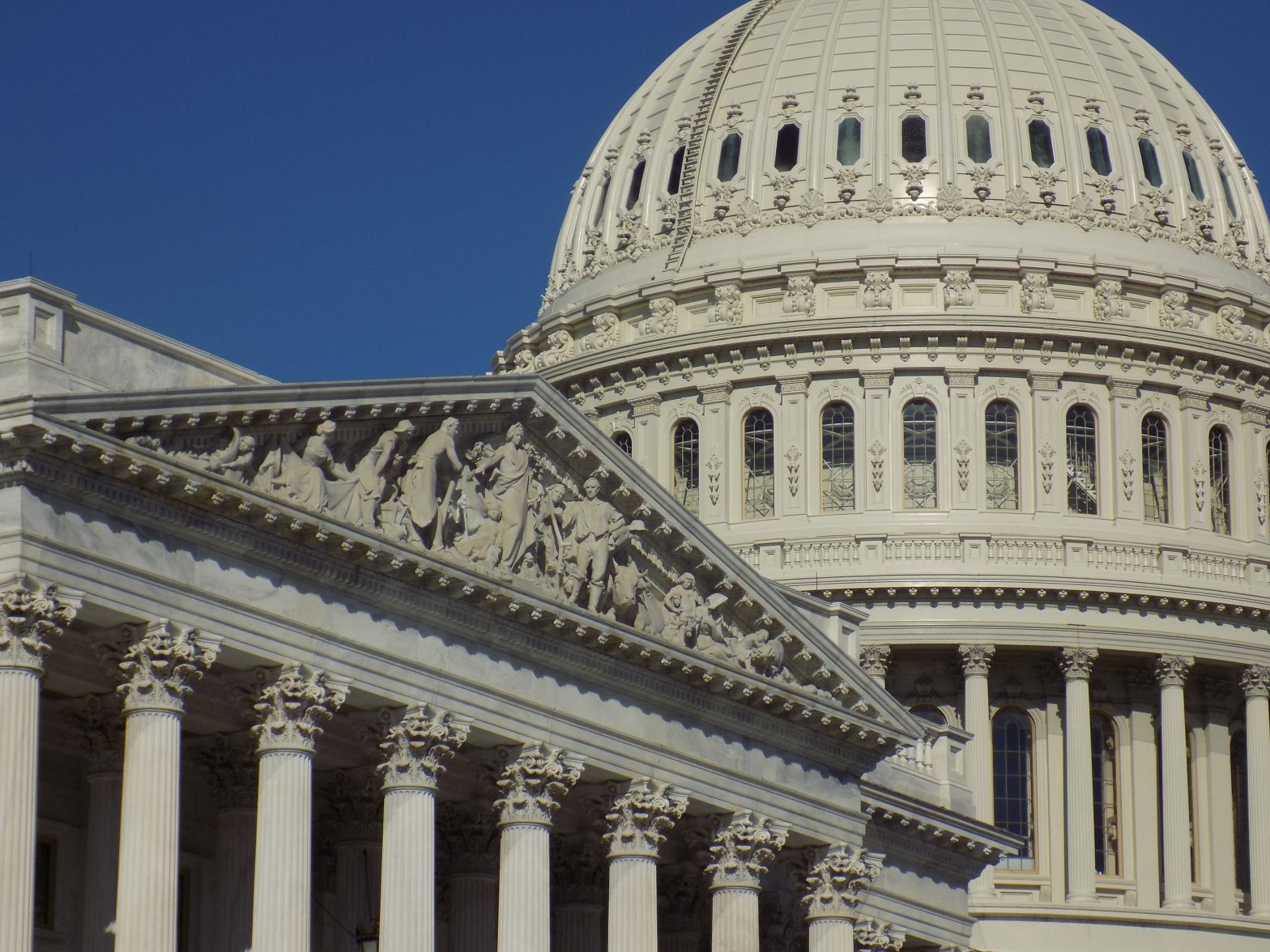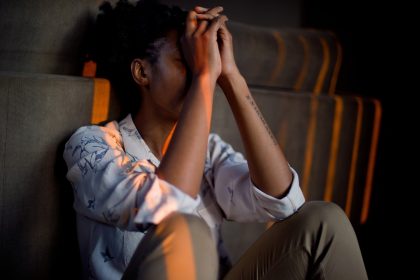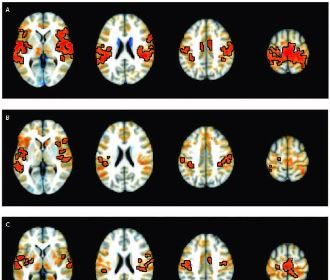Congress Wants to Restore Its Workforce to Well-Being After Tumultuous Year

WASHINGTON — A congressional subcommittee tried to assess the well-being and mental health of its own workforce Thursday after a year that one of its members described as “like drinking from a firehose while in freefall.”
Rep. Rosa DeLauro, D-N.Y., was talking about how the COVID-19 pandemic and the Jan. 6 riot at the Capitol building left some of the federal government’s workforce depressed and frustrated, potentially interfering with their ability to carry on the nation’s business.
“Their mental health needs are as important as their physical health,” DeLauro said.
The House Appropriations subcommittee on the legislative branch called two of its own administrators of employee wellness programs to testify on how the workforce is coping and what needs to be done for them.
Like many of the nation’s employees, a significant number of Capitol Hill workers are homebound as they telecommute during the pandemic. Some of them report being depressed from social isolation.
Bryan Weiss, manager of the House Wellness Center, and Paul Tewksbury, director of the Office of Employee Assistance, described their outreach efforts for their co-workers.
The House Wellness Center deals mostly with workforce physical needs, such as nutritional counseling, physical fitness and access to services for child care, senior care and tutoring of children who are being taught virtually while they are quarantined.
Weiss said the House Wellness Center is providing the same kinds of services as before the pandemic but more of them. His agency also migrated many of its services to Internet portals.
He told the subcommittee that the key to restoring the well-being of the Capitol Hill staff was “talking to the employees, understanding what the needs are.”
However, most of the lawmakers’ interest was directed at the Office of Employee Assistance, which tends to the psychological needs of staff members.
Tewksbury portrayed the workforce as deeply troubled by COVID-19 and the aftereffects of the Jan. 6 insurrection.
“We have seen numerous individuals for counseling sessions,” Tewksbury said.
One of the most deeply affected agencies was the Capitol Police, he said.
Many of them work long hours away from their families, often contacting people who expose them to COVID-19. Dozens of them have become sickened by the disease.
In addition, one Capitol Police officer was killed during the Jan. 6 insurrection after being beaten in the head with a fire extinguisher. Two police officers who responded to the riot — one from the Capitol Police and a second from the Metropolitan Police Department — committed suicide.
The Office of Employee Assistance has seen a jump in calls for its services in the past year, Tewksbury said.
His staff responded by shifting more of their counseling services to phone calls to avoid infection risks. They also offered online suicide awareness training to hundreds of Capitol Police and other federal workers.
“We are acutely aware that this is a concern,” he said.
Jamie Herrera Beutler, R-Wash., said investing in the well-being and mental health of the federal workforce could benefit the workers and the people they serve.
“It’s a better bang for the buck for the taxpayer,” Beutler said.
Rep. Katherine Clark, D-Mass., said, “I’m sure we haven’t begun yet to meet the full need.”
























